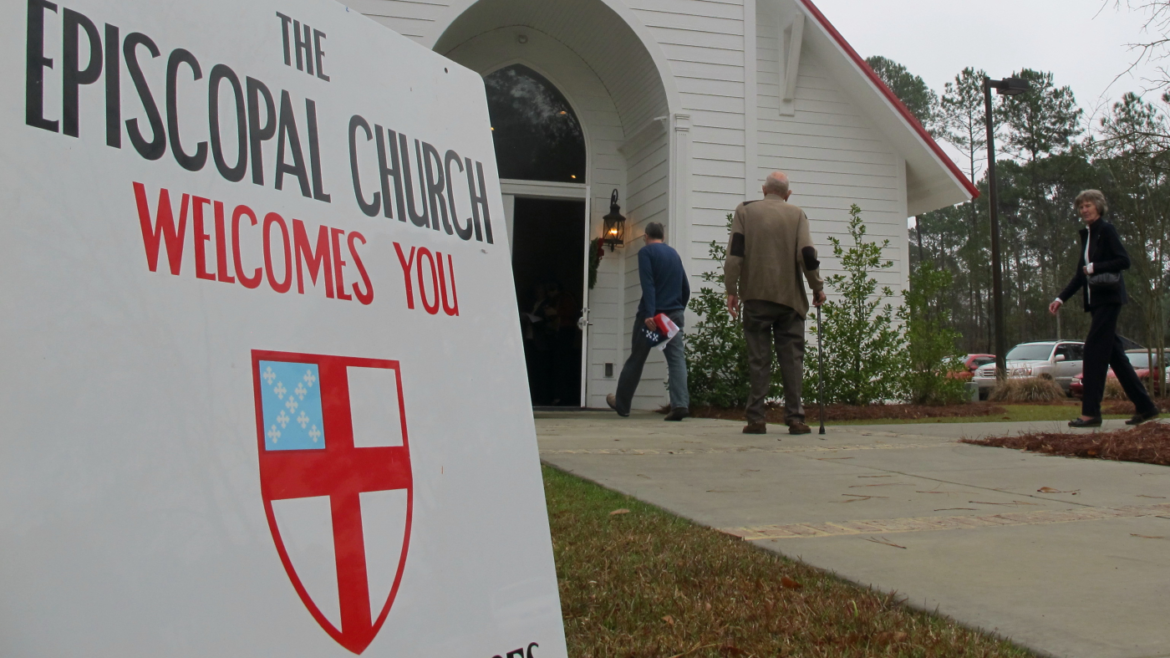In a bold and highly charged move, the Episcopal Church has announced it will terminate its nearly 40-year partnership with the U.S. government’s refugee resettlement program, citing moral objections to a controversial policy prioritizing white Afrikaners from South Africa.
The decision follows the Trump administration’s classification of Afrikaners as refugees eligible for expedited resettlement, while broader refugee admissions—especially for non-European populations—have remained sharply limited.
Presiding Bishop Sean Rowe criticized the policy as “racially biased and fundamentally unjust,” declaring it incompatible with the church’s longstanding commitment to equity and compassion.
“We cannot in good conscience participate in a system that selectively values some lives over others,” Rowe said in a statement.
Since the 1980s, Episcopal Migration Ministries has played a pivotal role in resettling thousands of refugees fleeing war, persecution, and disaster. That program will now be phased out by September 2025, ending decades of cooperation with the federal government.
The move has ignited fierce debate:
- Critics argue the church is turning its back on Afrikaner families who face violence and marginalization in post-apartheid South Africa.
- Supporters hail the decision as a principled stand against racial favoritism masked as humanitarian policy.
The White House has not yet commented on the church’s withdrawal, but advocacy groups on both sides are bracing for a wider political and cultural fallout.
This decision places the Episcopal Church at the center of a growing national debate over refugee policy, race, and moral accountability in faith-based institutions.
